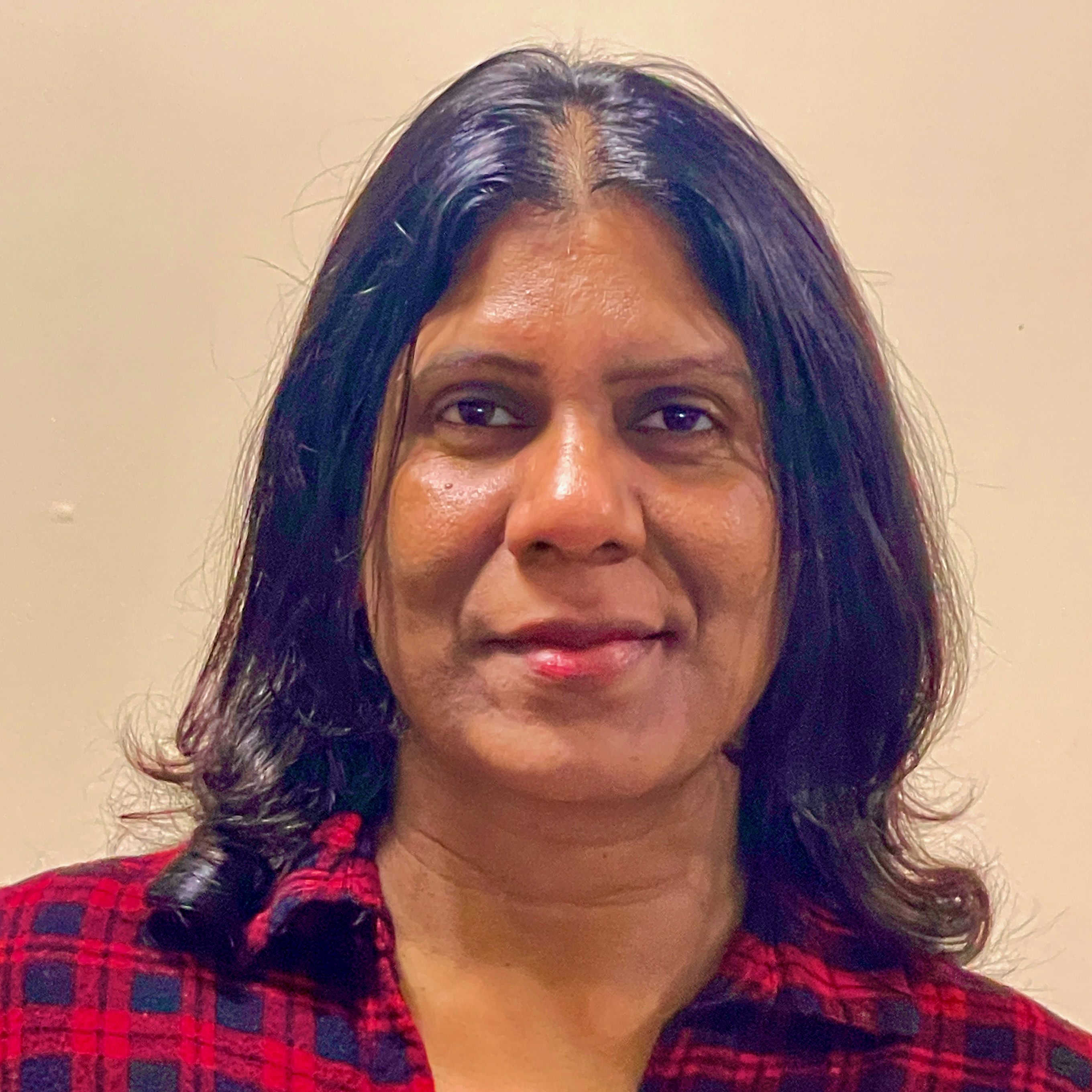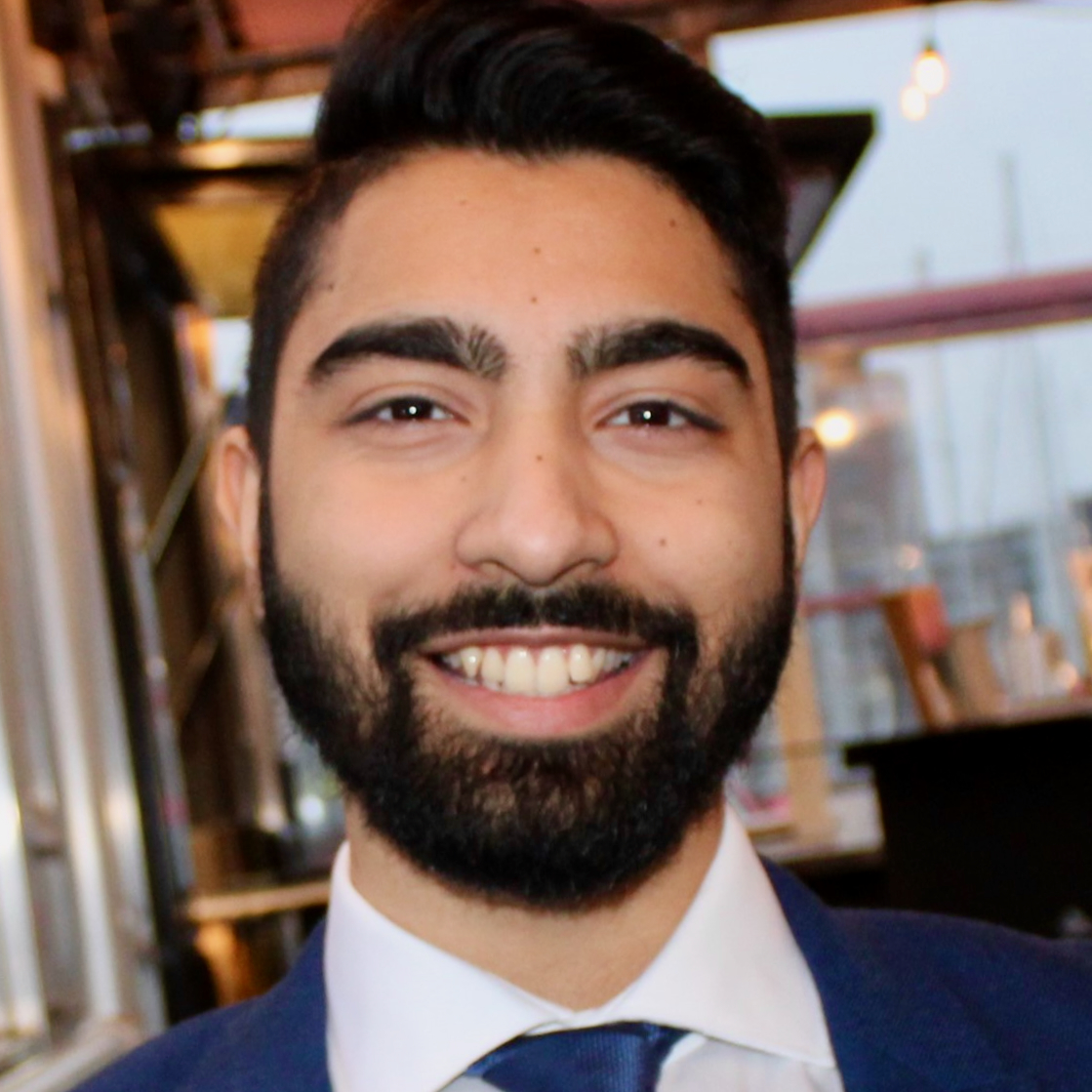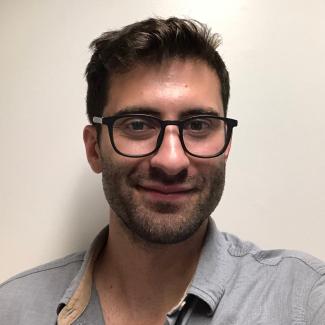Vision Research Seminar
June 5, 2024, 12:00 pm to 1:00 pm
Location
Virtual
Registration
Registration is required to attend. The seminar will be recorded. If you are unable to attend the live virtual event, you may register to receive the recording.
Cost
Free

Evidence for impaired clearance leading to amyloid beta (Aβ) accumulation in the Alzheimer's eye
Speaker
Printha Wijesinghe, PhD, MSc, BSc
Postdoctoral Fellow
Department of Ophthalmology and Visual Sciences
Biography
Dr. Printha Wijesinghe received dual doctoral degrees from Maastricht University in the Netherlands and the University of Sri Jayewardenepura in Sri Lanka during the period from 2009 to 2020. During this time, she made significant contributions to the establishment of a "human brain bank" in Sri Lanka and investigated age-related cytoskeletal pathologies in elderly human brains, representing two South Asian sample populations. Dr. Printha began her career in Canada as a part-time research assistant at the University of British Columbia (UBC) in 2017. She worked on patients with idiopathic sudden sensorineural hearing loss (ISSNHL), exploring minimally invasive microRNA biomarkers, therapeutic efficiencies, and in vivo cell models to investigate the underlying pathological mechanisms. In 2021, Dr. Printha transitioned to a postdoctoral trainee position at UBC in a field more relevant to her PhD work. As a continuation of this position, she received a postdoctoral award from the Alzheimer Society Research Program (ASRP) in 2023. She is currently investigating postmortem human Alzheimer’s disease (AD) and control donor eyes to explore existing clearance mechanisms and using translational mouse models to identify potential early tear-based microRNA biomarkers for AD diagnostic purposes.

Granzyme B deficiency attenuates aubretinal fibrosis in neovascular age-related macular degeneration
Speaker
Hyung-Suk Daniel Yoo, PhD, MSc
Postdoctoral Fellow
Department of Ophthalmology and Visual Sciences
Biography
Daniel pursued both MSc and PhD in Neuroscience at Carleton University under the supervision of Dr. Patrice Smith, investigating roles of growth factors in survival and axon regeneration of retinal ganglion cells (RGCs) by using an in vitro RGC culture system and an in vivo optic nerve crush model.
Having studied mechanisms of neurodegeneration and neural repair in the central nervous system (especially the retina and the optic nerve), Daniel decided to pursue research on age-related macular degeneration to find therapeutic targets for preventing blindness. He is currently investigating the role of granzyme B in neovascular age-related macular degeneration by using mouse models for laser-induced choroidal neovascularization and two-stage laser-induced subretinal fibrosis.

The role of mast cells and granzyme B in age-related macular degeneration
Speaker
Manjosh Uppal, BSc
Medical Student
Department of Ophthalmology and Visual Sciences
Biography
Manjosh Uppal received his Bachelor of Science in Biochemistry at the UBC. Currently, he is a Master of Science student in the Experimental Medicine Program at the UBC. Uppal specializes in basic science experimental techniques. Using these techniques, he is investigating the pathogenesis of age-related macular degeneration. In particular, Mr. Uppal is investigating the role of the protease, granzyme B, that is contained in mast cells in the eye. If he could collaborate with other researchers, Uppal would connect with computer science researchers with a background in the biological sciences. Artificial intelligence has shown great promise in detecting markers from images. Therefore, a computer scientist would be able to accelerate the rate of data sorting.

Moderator
Matthew Campbell
Undergraduate Student
Department of Ophthalmology and Visual Sciences
Biography
Matthew Campbell completed undergraduate degrees in Cell Biology & Genetics, Environmental Science, and Nursing before entering the UBC Medicine Class of 2027. For three years, he has been a volunteer member of the Matsubara Lab, where he has performed immunohistochemistry on mouse models of Alzheimer’s disease to investigate the distribution of relevant cells and proteins. He is interested in collaborating with clinicians and researchers as he transitions into the clinical phase of his medical training and explores various specialties.
Campbell is also an active volunteer with the Salvation Army and RockDoc, providing first aid at events around Vancouver. In his spare time, he enjoys golfing, working out, and traveling with his family.
- Cluster Event
